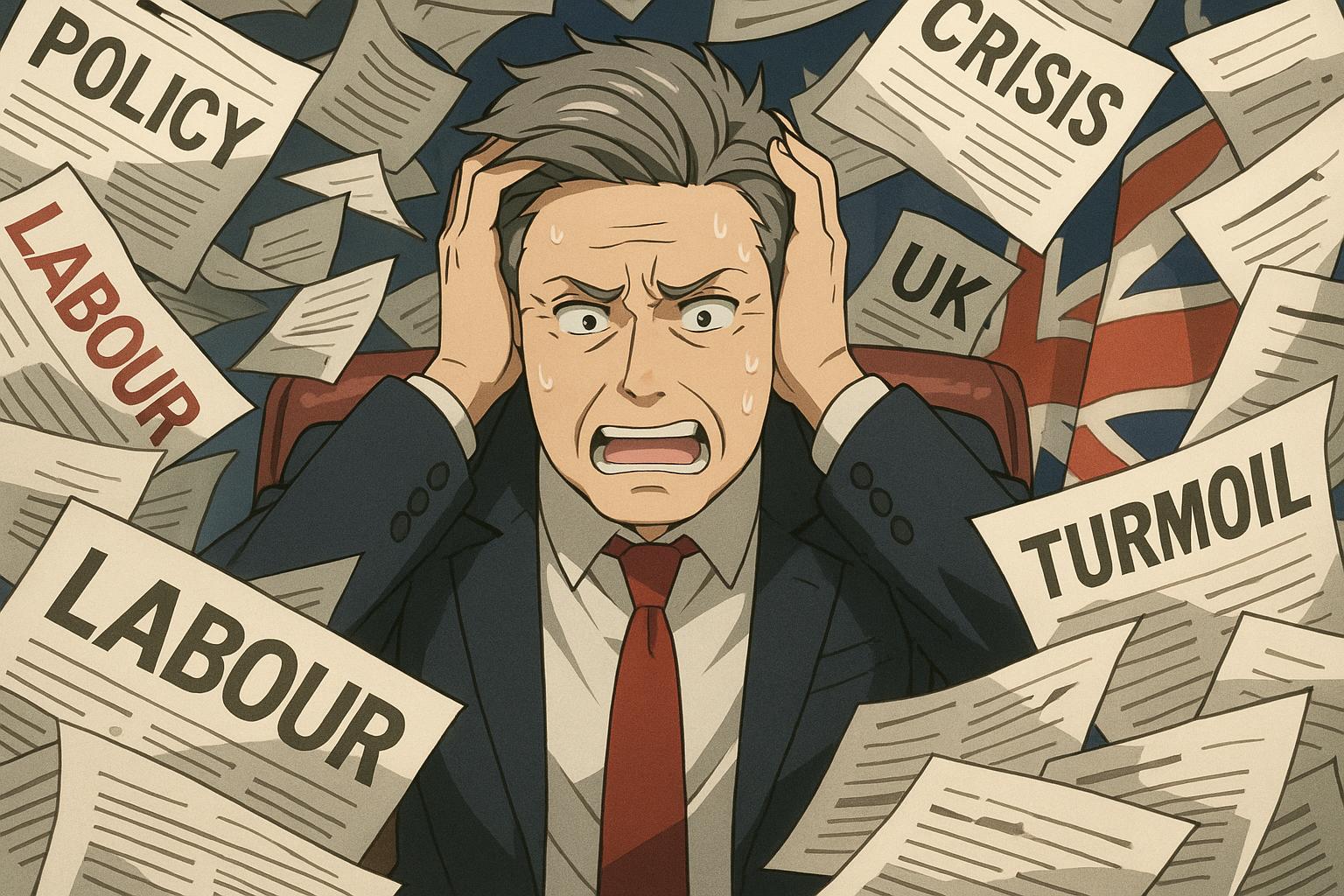The recent political landscape in the UK is rapidly deteriorating under the weight of a Labour government that seems increasingly prone to confusion and retreat. Prime Minister Sir Keir Starmer is creating a narrative of instability, highlighted by the alarming reversal on winter fuel payments. Initially, the government had proposed scrapping these payments for around ten million pensioners, a move faced with intense backlash not just from the public but also from within the very party that is supposed to be leading the country. Chancellor Rachel Reeves' recent decision to reverse this misstep raises serious questions about the government's competency and its approach to fiscal responsibility.
While this abrupt change may have been an attempt to mitigate public outrage, it only deepens suspicion regarding the Labour administration's decision-making abilities. The internal dissent among MPs, who had backed the original policy aimed at slashing £1.5 billion in costs for low-income retirees, reveals a party struggling to maintain coherence in its economic strategy. With local election losses adding to the pressure, it appears Labour is simply reacting to polling rather than delivering a comprehensive and confident political agenda.
This pattern of erratic policy changes is reminiscent of the chaotic leadership displayed by former Prime Minister Boris Johnson, who faced his fair share of criticism for shifting positions on vital issues like face masks in schools. Such instability breeds uncertainty within the ranks of Conservative politicians, who find it increasingly difficult to defend government policies. As noted by Conservative MP Charles Walker, these frequent U-turns create a “climate of uncertainty,” fundamentally undermining public trust in governance.
The implications of these mismanaged political moves extend beyond party strategies and into critical national discussions about leadership qualities. Unlike the steadfastness exhibited by figures like Margaret Thatcher, the current Labour administration seems unable to maintain a clear path forward, instead contributing to an image of weakness and indecisiveness. Critics are increasingly vocal, arguing that the reactive nature of Labour's current policies is undermining public confidence in their ability to tackle serious fiscal challenges ahead.
In an era where urgent national issues, including climate policy, demand unyielding commitment, Labour's history of U-turns is particularly troubling. Advisers have indicated that reversals on net zero initiatives have already stalled essential infrastructure projects, vital for both economic recovery and climate commitments. Sir John Armitt, chair of the National Infrastructure Commission, warns that ongoing delays attributed to erratic policy shifts jeopardise not just climate goals but also opportunities for regional economic development.
As this Labour government grapples with fiscal pressures while consistently backpedaling on critical policies, the shadow of its previous U-turns hangs heavily over its credibility. Restoring public confidence while crafting coherent policies appears to be a daunting task. The concerning situation regarding winter fuel payments suggests that further policy reversals are not just possible but likely, raising alarm bells about governance in today's Britain.
Source: Noah Wire Services
